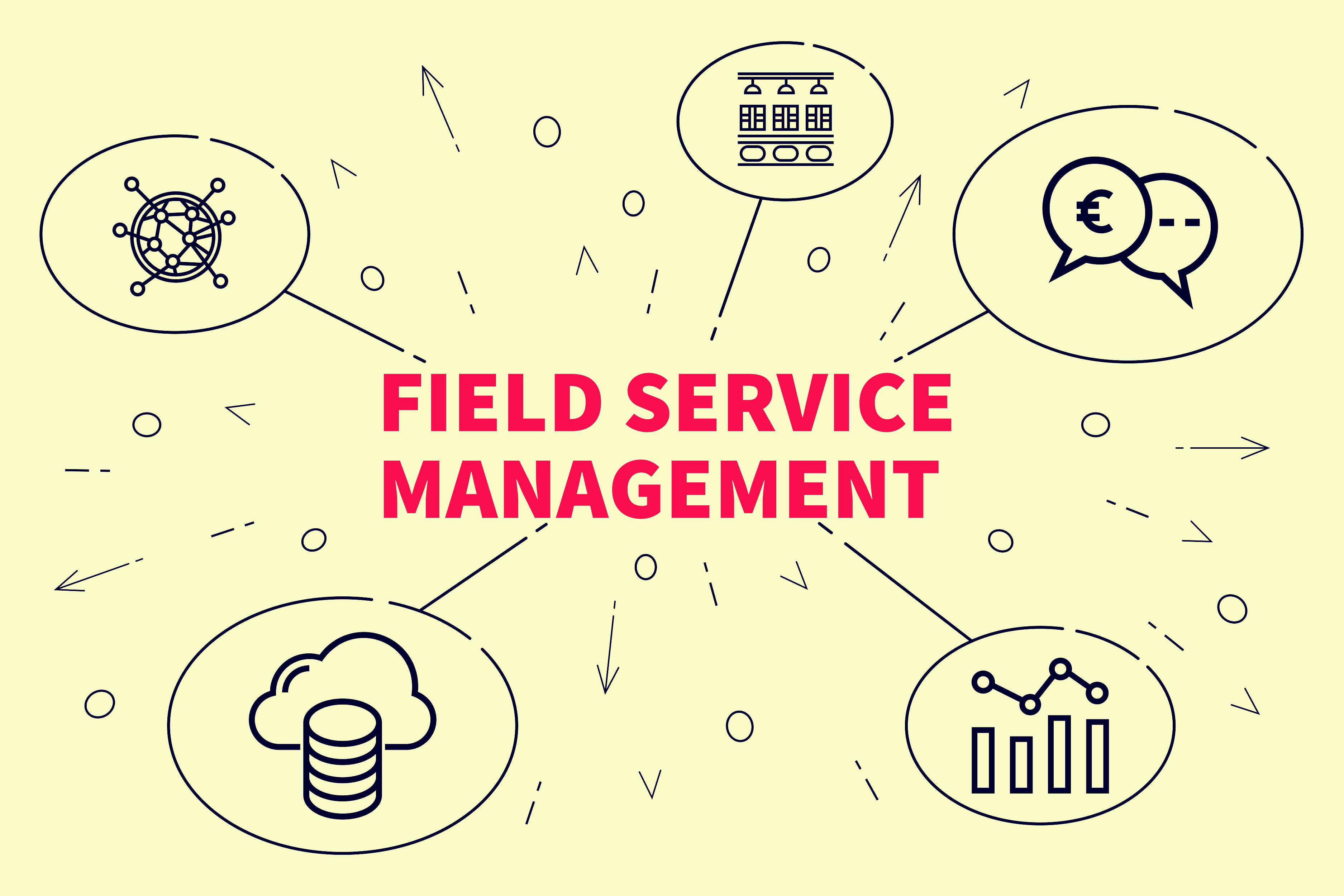A cloud-based field service software provide many benefits to small business and corporations and entrepreneurs in such as data protection and management (password management, data backup and recovery), employee management (vehicle fleet tracking in bus scheduling, task scheduling, labor source management). Field service software can also boost efficiency and productivity via smooth work flow and eliminate paperwork such as in payroll accounting. Using field service software help reduce costs, taking under control your operational costs, spare hours, route mess etc.
When one considers small business, what comes to mind? For many, it’s images of cubical-lined office buildings or brick-and-mortar retail establishments. However, not every organization fits this mold. For a large number of organizations, company resources are much more mobile. This is particularly true for field service providers, who often have a significant portion of their workforce and equipment deployed away from company property. Field-service industries include property maintenance, residential and commercial cleaning services, civil engineering, home health care, as well as others, and rely on the ability to coordinate and direct these resources remotely. Of course, when dealing with a large fleet deployed in the field, keeping track of work orders, schedules, and availability becomes a difficult task—one made even more so by the constantly-changing demands of customers.; In order to combat these hazards, many organizations are beginning to rely on the mobility and computing power afforded by mobile smart devices. However, simply having access to smartphones and tablets may not be enough; in order to achieve peak efficiency, these industries benefit most from adopting field service management software solutions.
What is Field Service Management Software?
Field service management software describes any tools, systems, or platforms that are designed to increase efficiency and accuracy in field service industries. The idea of field service grew from the analogue tools, calendars, and printed information files/work orders that field agents would use to plan their schedules, but left little capacity for those agents to coordinate amongst each other or with the home office while in the field. The eventual introduction and proliferation of pagers and mobile telephones made it possible for agents to remain ‘in-touch’ with their superiors and their customers, but still relied on direct, two-way communication—in order for a schedule change to be implemented, one would have to contact the agent by phone, and relay that change verbally—which could not account for issues related to missed calls or miscommunications.
As computers became more prevalent, digital organizational tools replaced analogue ones, allowing for more-accurate record keeping, and the advent of the internet made it possible for more-detailed information to be shared almost instantaneously with a large number of agents.
However, these advances did little to address the issue of mobility among field agents. After all, how advantageous is it to be able to make up-to-the minute changes to schedules, if the agent in question can only access those changes from the home office? The real game-changer for field service industries arrived with the introduction of mobile, internet enabled devices.
Basic Benefits of Mobile Field Service Management Software
Today, the best field service management software is built upon the cloud, and allows users to keep in touch with all of the most-important data in real time. This means that when schedules are updated, new information becomes available, or new work orders are being issued, field agents know about it instantly. And, also thanks to the cloud, all authorized users are are able to access the same dynamic system, so any changes made to any part (such as a schedule update), are viewable by all users in real time. The end result is a completely unified workforce, capable of adapting to unforeseen developments as they arise. This provides for a better customer experience, a more-efficient use of time, talent, and equipment, and as an added bonus, makes it possible for businesses to track their agents, so that they always know who’s doing what, and when. But while most web-based field service management software can help improve field agent effectiveness, the leading field service management software options are those that take things a step further.




